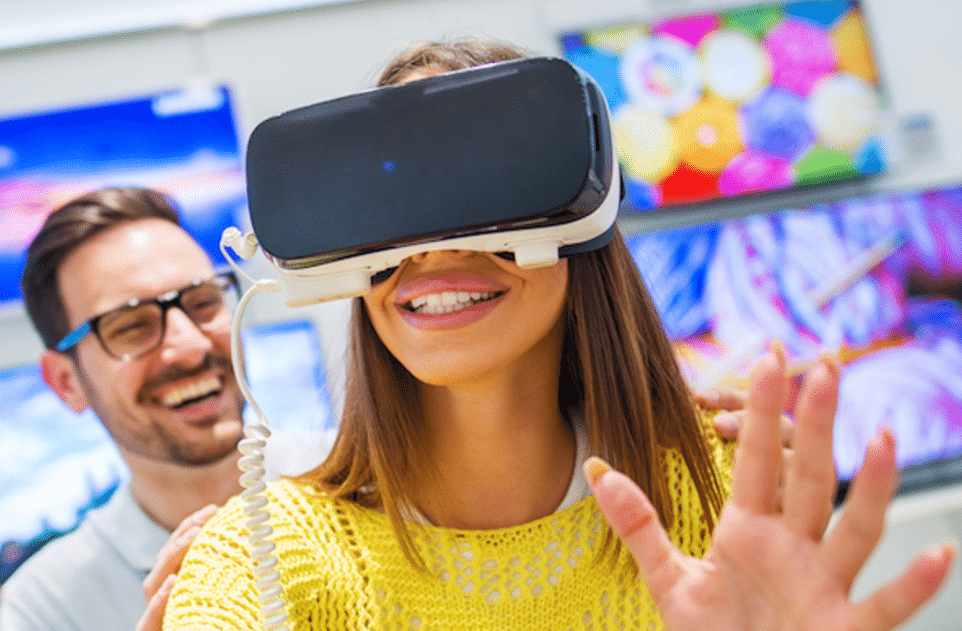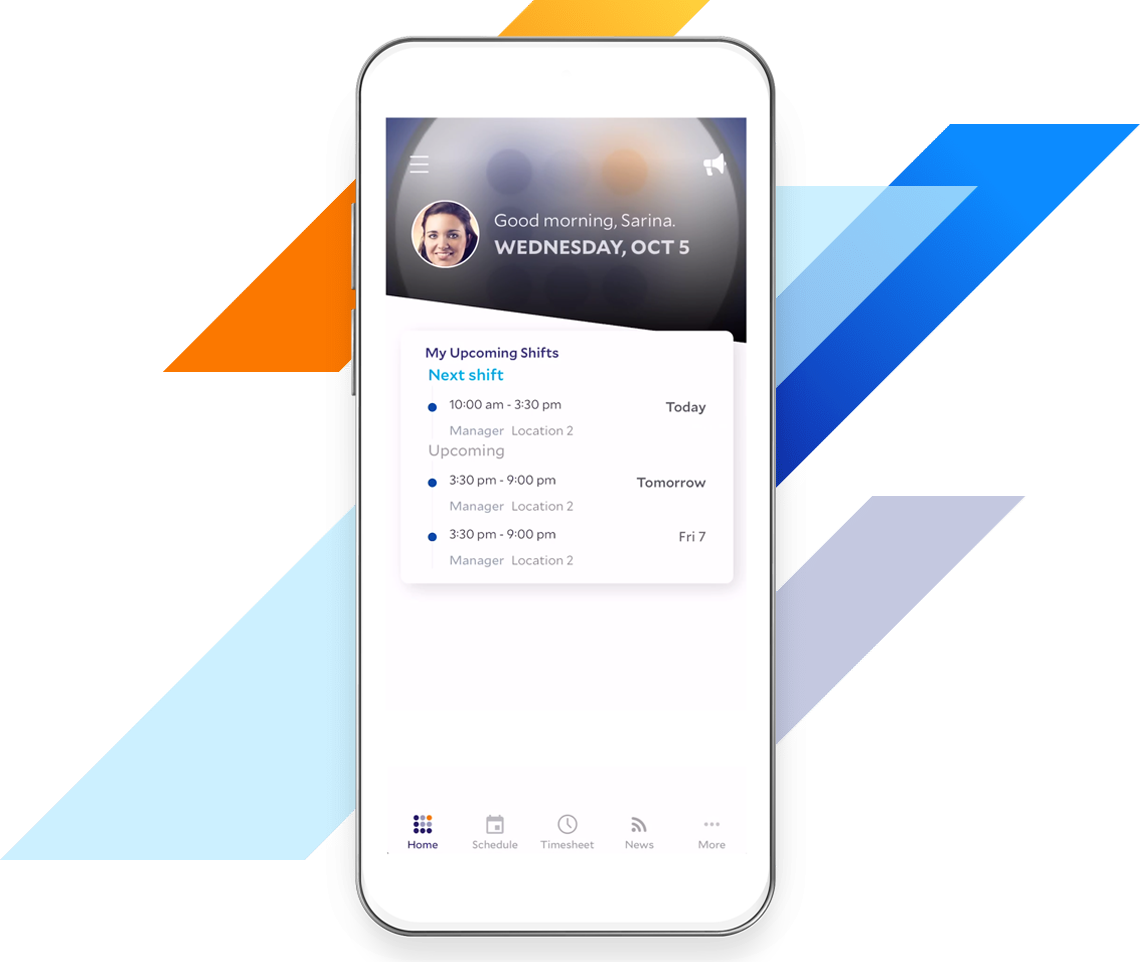How AI, Machine Learning and Big Data are Transforming Both Work and Workplaces
July 21, 2018
by Nancy Boas

The future of work is a hot topic now. Experts in all fields that touch the workplace regularly give their opinions on the transformation that is being driven by automated technology such as AI that enables machines to do much of the manual work we humans do now.
“Is my job going away?”
McKinsey dives into the implications that robotics and AI will have in the future of work in “Technology, Jobs, and the Future of Work.” Specifically, the displacement notion that inevitably comes up when predicting the effect of technology on work.
Displacement fears have never been realized. A couple of years ago, TechCrunch wrote that “Robots in the workforce present an opportunity to stimulate job growth and create new types of work. Robots will not merely take jobs, they’ll also create them.” As TechCrunch asserted, machines have created more work opportunities than they have destroyed. “From the invention of the wheel to Gutenberg’s printing press,” TechCrunch noted, “humans have innovated and adapted to new technologies throughout history. And for just as long, there have been concerns about how new technologies would affect laborers,” and these concerns have always proven to be exaggerated and inaccurate. This assertion is much more in line with historical precedent regarding technology than the current hype surrounding how AI will make us obsolete. TechCrunch provides this example:
“In each case, these technologies led to new industries and jobs. The invention of the printing press in 1440 allowed the mass production of books, leading to jobs to manufacture books, transport them, market them and sell them. Print shops sprung up. The fall in printing costs led to newspapers. Yes, the printing press put scribes out of business, but new jobs were soon developed to take their place.”
In fact, there is no precedent in history where technology has created waves of jobless people. “Disruption is an opportunity as well as a challenge—given the promise of digital talent platforms and new options for independent work,” says McKinsey.
The advent of machines during the Industrial Revolution, which automated many tasks previously done by people, did not create a massive unemployment crisis. To the contrary, machines created more jobs, a trend that has continued for two centuries, and took over repetitive, dangerous and de-humanizing work previously completed by people. In a similar way, fears about AI taking over jobs to eventually render us all obsolete are based on the faulty premise that the nature of work is static and unevolved.
Automation back then coincided with a new generation of workers who were better educated than their ancestors. An article on the lasting effects of the Industrial Revolution, The Future of Working, identifies more efficient production, cheaper prices, major increases in job opportunities, spectacular motivation, and improved quality of life. All of these together resulted in unparalleled progress which the world had never seen before. Paradoxically, the steel monsters that many saw as de-humanizing work eventually made it more human.
What’s happening today with AI follows this premise. It is truly transforming work but not in the apocalyptic sense that makes for catchy headlines. For perspective, machine learning, which is driven by AI, is being applied to make work a better place, not a human-less one because it mimics the human brain to learn from data and identify patterns and anomalies with minimal human intervention, enabling humans to focus on more strategic or creative tasks. It can also enable levels of personalization that were previously not achievable.
By replacing repetitive jobs in retail, supplementing what humans can do with augmented reality in manufacturing, and eliminating manual processes like employee scheduling via AI-powered labor management, AI creates opportunities for the work of the future.
Such is the case with the work we do at Legion where AI lets companies and their hourly employees find a match for their objectives, allowing both to have their cake and eat it too in a fraction of the time it used to take to predict staffing needs, ensure scheduling preferences are considered, incorporate labor and compliance standards and generate schedules.
This is an excerpt from the Legion eBook How Technology is Shifting the Way We Work. Download the eBook.
